Summary
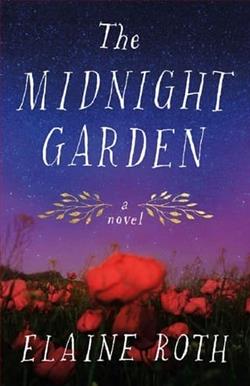
The Midnight Garden
by Elaine Roth
After the sudden death of her husband, Hope finds herself reeling from the loss in more ways than one. First a young wife and now a grieving widow, she feels like fodder for never-ending town gossip.
But when Hope meets Will, a screenwriter back in town to run his family’s inn, she sees in him another resident oddball. And like her, Will has been navigating a loss of his own.
As Hope falls for Will, she seeks out another enigma in town: Maeve, an eccentric woman who makes healing teas and communes with the dead. Some of the townspeople think she’s a grifter, a fake. Will, too, is skeptical.
Hope yearns for closure and forgiveness, seeing in Maeve the chance to trust herself again?and in Will, a chance to rediscover the enchantment in the world around her…
And the courage to build a bigger life than she ever thought possible.
.
Read
The Midnight Garden on http://kissnovel.net
Martial Peak Reviews
In her poignant novel, The Midnight Garden, Elaine Roth crafts a deeply moving narrative that explores themes of grief, healing, and the complexities of human connection. The story centers around Hope, a young widow grappling with the sudden loss of her husband, and the societal pressures that come with it. Roth's ability to weave emotional depth into her characters makes this book a compelling read for anyone who has experienced loss or sought solace in unexpected places.
From the outset, Roth immerses readers in Hope's world, where the weight of her husband's death is palpable. The author skillfully portrays Hope's internal struggle as she navigates the choppy waters of widowhood, feeling like a subject of town gossip and judgment. This portrayal resonates with anyone who has faced the scrutiny of a close-knit community during a vulnerable time. Roth's writing is both lyrical and raw, capturing the essence of Hope's pain and her desire for understanding.
As the narrative unfolds, we meet Will, a screenwriter who returns to his hometown to manage his family's inn. Will, too, carries the burden of loss, making him a kindred spirit to Hope. Their relationship develops organically, marked by shared experiences of grief and a mutual longing for connection. Roth's exploration of their budding romance is tender and realistic, avoiding the clichés often found in love stories. Instead, it emphasizes the importance of vulnerability and the healing power of companionship.
One of the most intriguing aspects of The Midnight Garden is the introduction of Maeve, an eccentric woman who creates healing teas and claims to commune with the dead. Maeve serves as a catalyst for Hope's journey toward closure and forgiveness. Roth presents Maeve as a complex character, straddling the line between skepticism and belief. This ambiguity invites readers to question their own perceptions of healing and spirituality. Is Maeve a genuine healer, or merely a grifter? Roth leaves this question open, allowing readers to draw their own conclusions.
The dynamic between Hope, Will, and Maeve is rich with tension and growth. Hope's initial skepticism about Maeve's abilities mirrors Will's doubts, creating a compelling conflict that drives the narrative forward. As Hope seeks answers and a sense of closure, she learns to trust herself and her instincts, a journey that many readers will find relatable. Roth's portrayal of this self-discovery is both inspiring and empowering, illustrating that healing is not a linear process but rather a winding path filled with setbacks and revelations.
Roth's writing shines in its ability to evoke a sense of place. The small-town setting serves as a character in its own right, with its quirks and idiosyncrasies reflecting the emotional landscape of the characters. The town's gossip and judgmental nature create a backdrop that amplifies Hope's struggles, while also providing a sense of community that is both comforting and stifling. This duality adds depth to the story, making it a microcosm of the larger human experience.
Thematically, The Midnight Garden delves into the idea of rebirth and the courage to embrace change. Hope's journey is not just about mourning her husband but also about rediscovering herself and her capacity for joy. Roth masterfully illustrates that grief can coexist with love and hope, and that it is possible to build a new life even after profound loss. This message is particularly poignant in today's world, where many are grappling with their own forms of grief, whether it be through loss, change, or the challenges of everyday life.
In comparison to other contemporary novels that tackle similar themes, such as The Light We Lost by Jill Santopolo or When Breath Becomes Air by Paul Kalanithi, Roth's work stands out for its focus on the healing journey rather than solely on the grief itself. While both Santopolo and Kalanithi offer profound insights into loss, Roth's narrative is imbued with a sense of hope and the possibility of renewal. This distinction makes The Midnight Garden a refreshing addition to the genre, appealing to readers who seek not only to understand grief but also to find a path forward.
Overall, The Midnight Garden is a beautifully written exploration of love, loss, and the human spirit's resilience. Elaine Roth's ability to create relatable characters and weave a narrative that balances sorrow with hope makes this book a must-read for anyone navigating the complexities of life and relationships. The emotional depth and rich character development ensure that readers will find themselves invested in Hope's journey, rooting for her as she learns to embrace the enchantment of life once more.
In conclusion, The Midnight Garden is more than just a story about grief; it is a celebration of life, love, and the connections that bind us. Roth's poignant prose and insightful characterizations invite readers to reflect on their own experiences with loss and healing, making this novel a timeless addition to the literary landscape.




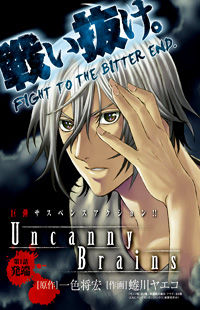


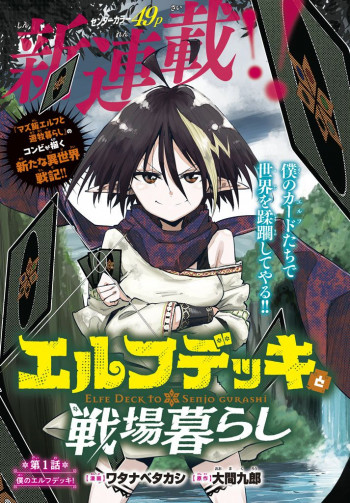

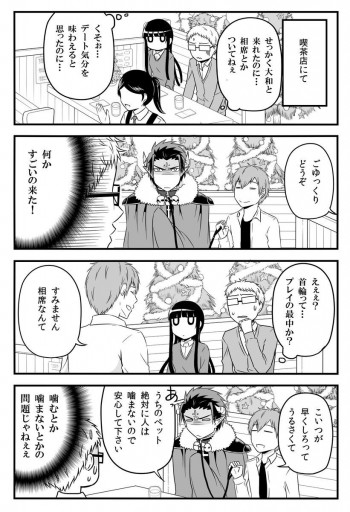



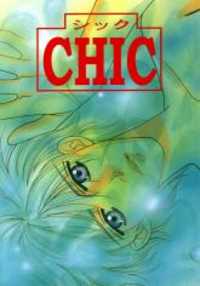










Reviews 0
Post a Reviews: